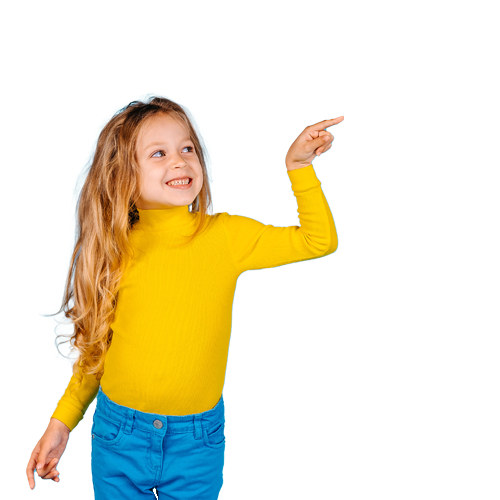The pros and cons of junior ISAs
Turning 18 is possibly one of the most exciting times in your child's life. Suddenly, they're hurtling towards adulthood and they're about to experience a lot of change.
Having a pot of money ready for them when they turn 18 is a great way to give your child a helpful boost into adult life. But there are many different ways to save for your child's future and it can be hard to tell which option is right for you and your family.
One of those options is the junior ISA (JISA). We've pulled together a list of the benefits of JISAs and the things to keep in mind, so you know what to expect if you do choose a JISA.
What is a junior ISA?
JISAs are long-term, tax-free savings accounts for children. They can be opened for any child under 18 years old (under 16 years old for a OneFamily JISA) who doesn't have a child trust fund, but only by the child's parents or legal guardians. If a child does have a child trust fund, it can be transferred into a JISA.
You can put up to £9,000 a year into a JISA and anyone can pay into it. As the JISA is in the child's name, only they can access the money and only when they turn 18. At this point, they'll be able to decide what they want to do with the money.
What are the pros of junior ISAs?
There are many good reasons to open a JISA and start saving for your child's future. Making this decision early could give your child a boost at the start of adulthood by helping them to pay for higher education, driving lessons or even to take their first step on the housing ladder. Here are some of the main advantages of opening a JISA.
Things to consider
Like all savings accounts, there are a few things to keep in mind if you're thinking about opening a junior ISA.
Weighing up your options
So, is it a good idea to open a JISA for your child?
Well, you'll be building up a lump sum that only they can access and only when they turn 18. JISAs are tax-free, and anyone can pay into an account, so friends and relatives can contribute to your child's future. It's also a good way to start teaching your child about money and long-term saving.
But, like other most savings accounts, there are a few things to consider, especially when it comes to choosing between cash and stocks and shares. Money saved in a cash JISA can lose its value over time if inflation goes up by more than interest rates, while money invested in a stocks and shares JISA is affected by changes in the stock market so the value of your investments could go down.
Ready to open a OneFamily Junior ISA?
With our stocks and shares Junior ISA you can start investing from just £10 per month up to a maximum of £9,000 each tax year on behalf of a child. Anyone can pay in, and the child will gain access to the account once they are 18 years old.
Stocks and shares JISAs have good long-term growth potential, but the value of your investments can go up or down and your child could get back less money than you’ve put in.

Find out more about junior ISAs
What would you like to do next?
Start saving today
Your kids deserve a head start. Invest in your children's future with our stocks and shares Junior ISA for tax-free savings
Transfer a child trust fund or junior ISA
Transferring a child trust fund or junior ISA from another provider to OneFamily is simple and we don't charge you to do so.
Learn more about junior ISAs
Find out more about how a JISA can help you save for your child's future.


